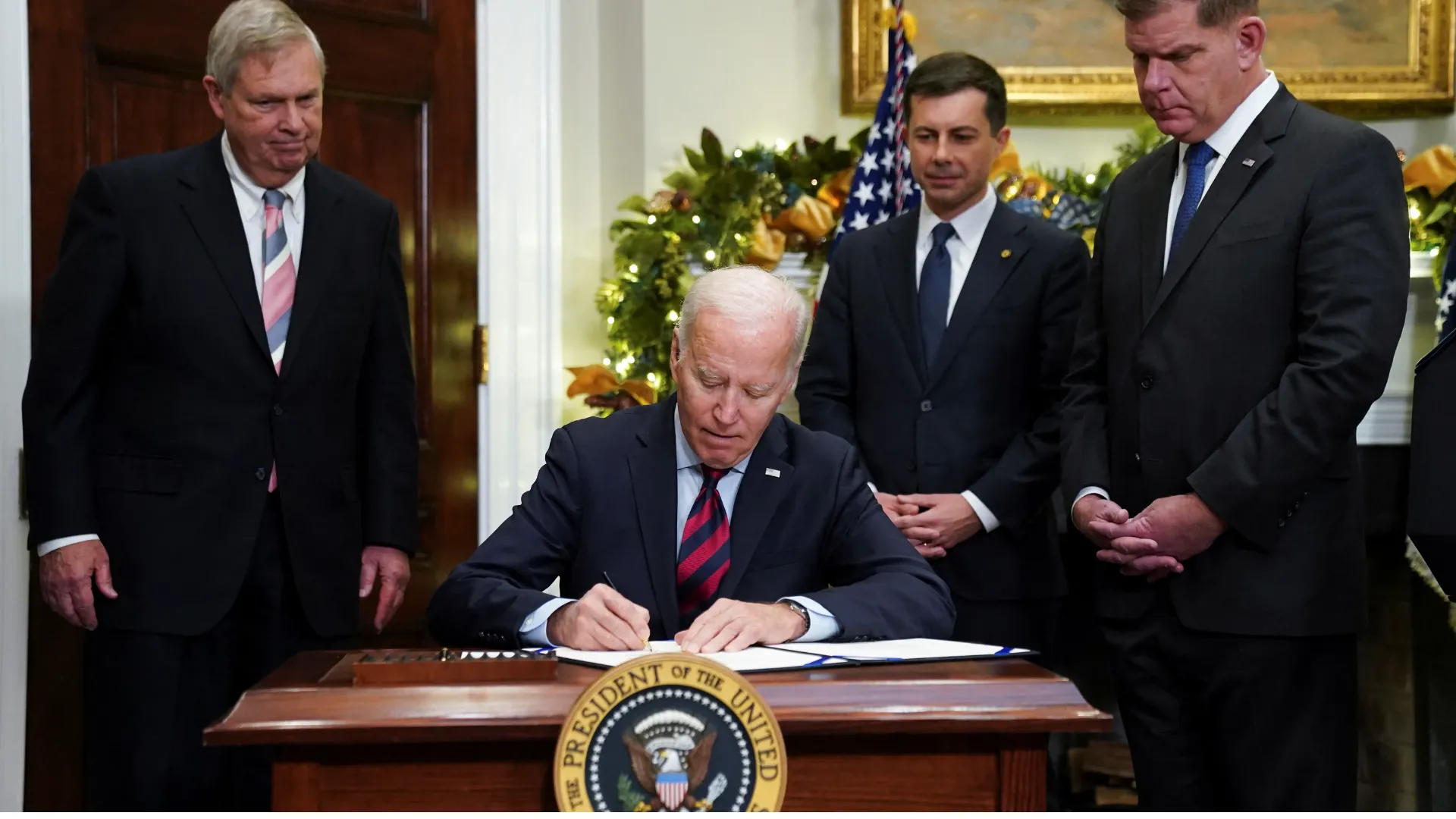
In a statement that has ignited controversy across the political spectrum and provoked widespread alarm from civil liberties advocates, White House Deputy Chief of Staff for Policy Stephen Miller declared this week that individuals who “preach hate for America” would be subject to deportation under President Donald Trump’s administration.
Miller’s remarks, delivered during a Monday morning appearance on Fox News, came while he was defending the recent deportation of a Salvadoran national allegedly linked to gang activity, as well as the pending removal of Mahmoud Khalil, a protester accused of expressing support for Hamas.
The federal government claims Khalil’s online and public behavior constitutes grounds for deportation. But it was Miller’s sweeping rhetoric about deporting people who “hate America” that sparked intense backlash and raised troubling questions about the administration’s stance on the First Amendment and dissent.
“Yes he will,” Miller said in response to a question about Khalil’s deportation status. “As will anyone who preaches hate for America. Under this country, under this administration, under President Trump, people who hate America, who threaten our citizens, who rape, who murder, and who support those who rape and murder are going to be ejected from this country.”
While the Trump administration has long prioritized tough immigration enforcement, Miller’s comment went a step further—implying that speech alone, regardless of any violent or criminal conduct, could be enough to get someone expelled from the country.
That suggestion has sent shockwaves through the legal community and social media, with critics accusing the administration of blurring the lines between national security and ideological purity.

Free speech advocates warn that Miller’s remarks could signal a willingness to trample constitutional protections in the name of patriotism.
“It’s almost like they just skip the very first Amendment,” one user on X, formerly Twitter, wrote shortly after the interview aired.
“They're coming for free speech when it isn't the speech that fits their propaganda. Talk about a totalitarian regime,” another user posted.
The First Amendment of the United States Constitution protects the freedom of speech, including speech that is critical of the government. It is one of the most foundational elements of American democracy, often cited as a bedrock principle that distinguishes the U.S. from authoritarian regimes.
While certain types of speech—such as incitement to imminent violence—can be restricted, the expression of political opinion, no matter how unpopular or offensive, is generally protected.
To many legal scholars, Miller’s comments represent a dangerous deviation from that principle.
“This administration is inching toward a place where dissent is treated as disloyalty, and where voicing opposition to government policies is conflated with national betrayal,” said constitutional lawyer Alan Bradley. “That’s not how the First Amendment works. That’s how authoritarian governments work.”
Miller attempted to frame his comment within the context of deportation powers, particularly when dealing with non-citizens who have committed crimes or are deemed threats to public safety. But by linking that rationale to speech—and vague notions of “hate for America”—he opened the door to a much broader interpretation.
What constitutes hate for America? Is it a protest against military actions? A critical post on social media? A refusal to stand for the national anthem? Critics say these are the kinds of questions that authoritarian leaders have historically exploited to target dissenters and political opponents.
“This is how it starts,” said Representative Alexandria Ocasio-Cortez. “They tell you it’s about crime and security. Then suddenly, if you attend a protest, or speak out against policy, you’re labeled anti-American. And now, according to Stephen Miller, you might get deported for that.”

The debate over free speech and patriotism has intensified in recent years, particularly under Trump’s leadership. From calling the press “the enemy of the people” to demanding the punishment of athletes who kneel during the national anthem, Trump has repeatedly challenged traditional notions of dissent as a patriotic act.
Miller has been among the most vocal supporters of Trump’s hardline views on immigration, national identity, and civil order. During Trump’s first term, Miller was the architect behind some of the administration’s most controversial policies, including the travel ban targeting predominantly Muslim countries and the “zero tolerance” family separation policy at the southern border.
Now, as part of Trump’s second-term policy team, Miller appears to be reviving and expanding that same ideological framework—this time, not just targeting unlawful entry or criminal activity, but the perceived threat of ideological dissent.
For critics, this raises serious alarm. The Constitution does not distinguish between “good” and “bad” political speech. The right to criticize the government, its policies, or even its very foundations is fundamental to a free society.
Civil liberties organizations, including the ACLU and PEN America, issued statements denouncing Miller’s comments as unconstitutional and chilling.
“Expressing unpopular opinions about the U.S. government or society is not a deportable offense,” said ACLU spokesperson Rachel Graber. “The idea that it could be is an insult to everything this country claims to stand for.”
Even some conservatives expressed discomfort with the breadth of Miller’s language. While many support strong immigration enforcement, they questioned the wisdom of conflating speech with crime.
“If someone is here illegally and commits a crime, sure, deport them,” said conservative commentator David French. “But if we start removing people because they say things we don’t like, we’re opening a Pandora’s box. That’s not conservative. That’s authoritarian.”
The controversy comes amid an already volatile political climate, with the Trump administration under fire for a series of aggressive immigration policies, mass deportations, and efforts to suppress protests and civil disobedience.

Mahmoud Khalil, the protester at the center of Miller’s Fox News appearance, is accused of publicly supporting Hamas, the Palestinian militant group responsible for the October 7 terrorist attacks in Israel.
While his support has been condemned by both parties, civil liberties advocates warn that deporting someone based on political expression—even inflammatory or offensive views—sets a dangerous precedent.
As of now, Khalil has not been charged with any violent crime. A federal judge has authorized his deportation, reportedly based on prior immigration violations, but the administration has leaned heavily on his political views to justify the move publicly.
Miller’s rhetoric appears to broaden that justification, signaling that others who express unpopular or anti-government views could be next. That possibility has raised fears among immigrant communities and civil society organizations that dissent is now being policed not only by law enforcement but by ideology.
“This sends a message to every immigrant in America: keep your head down, don’t speak out, and don’t criticize the government—or else,” said Ahmed El-Sayed, director of a civil rights group that defends immigrants facing deportation. “That’s not democracy. That’s fear-based control.”
The White House has not walked back Miller’s remarks. In fact, several senior officials have echoed his sentiment in follow-up interviews, emphasizing the administration’s commitment to “restoring law and order” and “defending the nation from enemies within.”
Trump himself has remained silent on the specific statement but has previously described those who criticize the United States as “traitors” and “losers,” and in one 2023 rally speech, said, “If you hate this country, maybe you should just leave.”
To many, Miller’s statement is simply an extension of that worldview—a belief that patriotism means total loyalty, and criticism is akin to treason.

The fallout from Miller’s comments will likely continue for weeks, especially as Congress begins to debate immigration reform and renewed enforcement efforts. Lawmakers on both sides are preparing to propose legislation that could either reinforce or resist the administration’s stance on political expression and deportation powers.
Legal experts say the courts may eventually have to step in if the administration attempts to act on Miller’s warning. The First Amendment has withstood numerous tests throughout U.S. history, and deporting individuals based on protected speech would likely face immediate legal challenges.
Still, the statement has already done damage. It has injected fear into communities, heightened political polarization, and further eroded the already fragile trust between the government and the people it serves.
“Democracy doesn’t work like that,” one social media user commented, capturing the sentiment shared by many in the wake of Miller’s remarks. “We’re not supposed to agree on everything. We’re supposed to be allowed to speak.”
In the coming days, all eyes will be on the White House to see whether the administration doubles down or clarifies its position. For now, Stephen Miller’s comment stands as yet another flashpoint in the ongoing struggle over the meaning of free speech, national loyalty, and who gets to belong in America.



